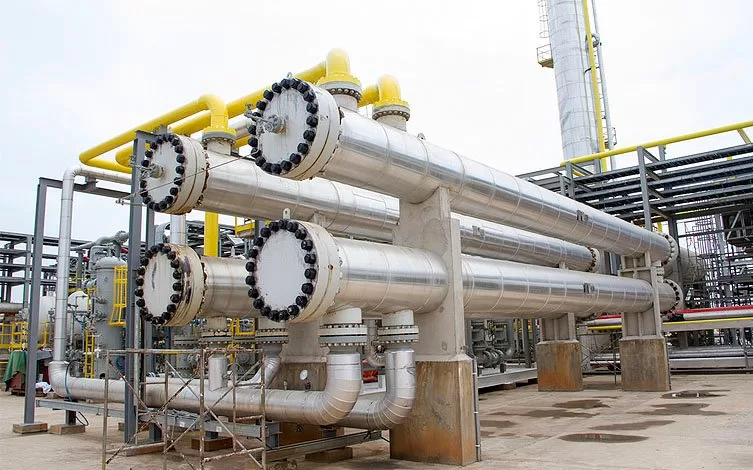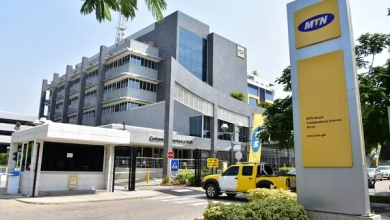Ghana Gas Deal Slammed

The Minority Caucus in Ghana’s Parliament has ignited controversy with claims that they have uncovered a scheme to transfer the country’s valuable natural gas resources to a private company. John Jinapor, the Minority Spokesperson on Mines and Energy, has cast serious doubt on the legitimacy and transparency of the arrangement.
Jinapor alleges that the initial agreement was struck between the Ghanaian government and a foreign company. However, he suggests that to circumvent the requirement for parliamentary approval, a Ghanaian entity was established to act as a front for the foreign company, effectively bypassing proper legal and legislative channels.
Jinapor throws a shroud of suspicion over the entire deal, describing it as “shrouded in opacity” and reeking of potential corruption. He further emphasizes his concerns in a later statement, calling the contract “illegitimate, illegal, opaque and clandestine.”
Jinapor delves deeper into the accusations, claiming a power struggle within the government itself. He alleges that the government is fractured, with “one of the factions in government supporting Intel Logistics Bureau, another faction is supporting Genser for the same resources.” This internal conflict, according to Jinapor, raises serious questions about the motivations behind the deal and the potential for favoritism.
Jinapor warns of the significant financial risks associated with the alleged shady contract. He highlights the potential for “serious judgement debt against the state” if the deal goes through. Furthermore, he compares this situation to a supposedly existing “rip-off” contract where “Genser is paying US$1.70 for gas that is supposed to be sold around US$6.00.” This comparison implies that Ghana is being significantly shortchanged in the current deal.
Jinapor goes on to allege that high-ranking government officials are pressuring the Chief Executive Officer (CEO) of the Ghana Gas Company to approve these supposedly “dubious contracts.” This allegation suggests that improper influence may be at play to push the deal through despite potential legal and financial repercussions.
Finally, Jinapor delivers a stern warning to the current government and the companies involved. He emphasizes that the incoming National Democratic Congress (NDC) administration, led by John Mahama, will not accept such arrangements. Jinapor states forcefully, “We in the Minority wish to send a caution and let me make it clear that we are aware unimpeachable information indicates that some high ranking officials in government are pressurising the Chief Executive of the Ghana Gas Company to sign some of these dubious contracts… let me make it clear without equivocation that the next John Mahama administration will not be bound by illegal contracts.”
This statement underscores the potential for legal challenges and a reversal of the deal if the NDC wins the upcoming elections.
Jinapor’s accusations raise serious concerns about the transparency and legality of the alleged natural gas deal. The potential for corruption, financial losses, and political conflict necessitates a thorough investigation into the matter. Whether these accusations hold weight and what the ultimate outcome will be remains to be seen.






